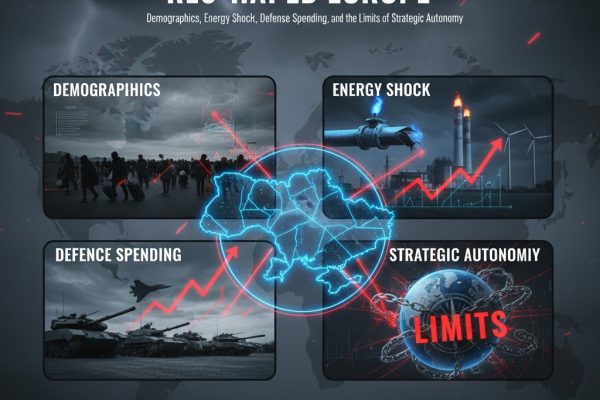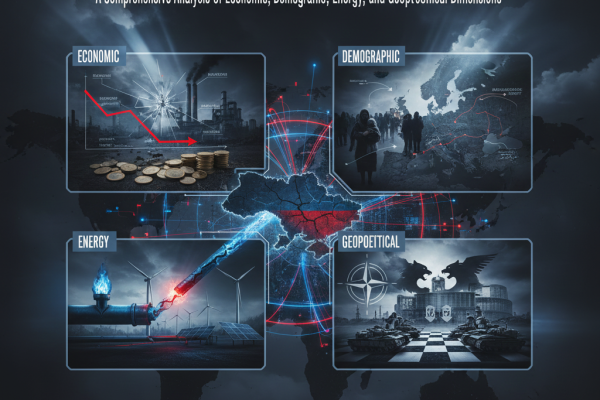
Why the Qur’an Uses Qalb, Fu’ād, and Sadr: A Scientific and Spiritual Exploration of the Human Inner System
This article examines why the Qur’an chooses the words qalb, fu’ād, and sadr for the human inner world and how modern neuroscience, psychology, and embodied cognition align with this ancient vocabulary. Featuring Qur’anic verses with translation and deep explanation, it reveals the profound relationship between revelation and science and highlights why science cannot fully explain morality, consciousness, intention, or spiritual experience.





















